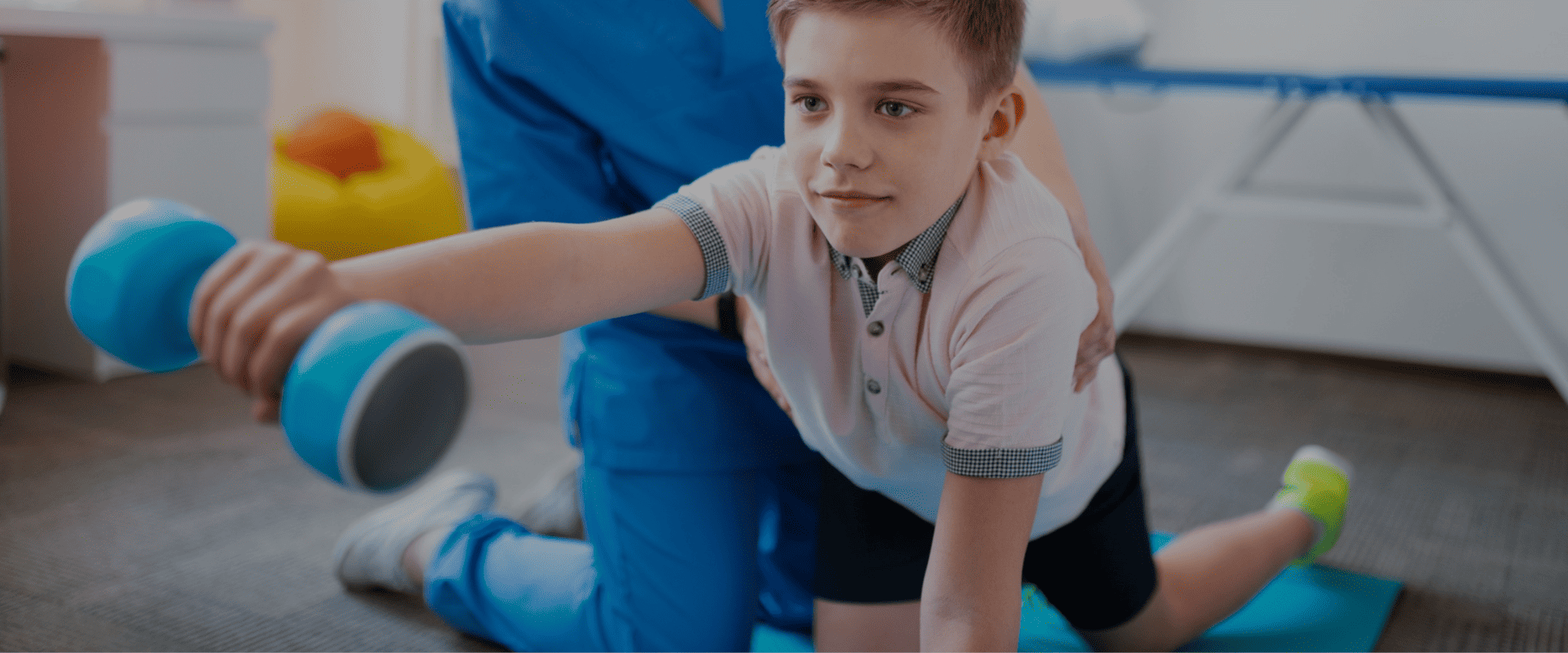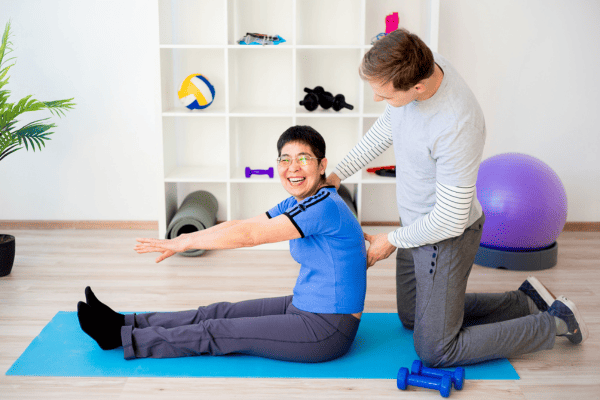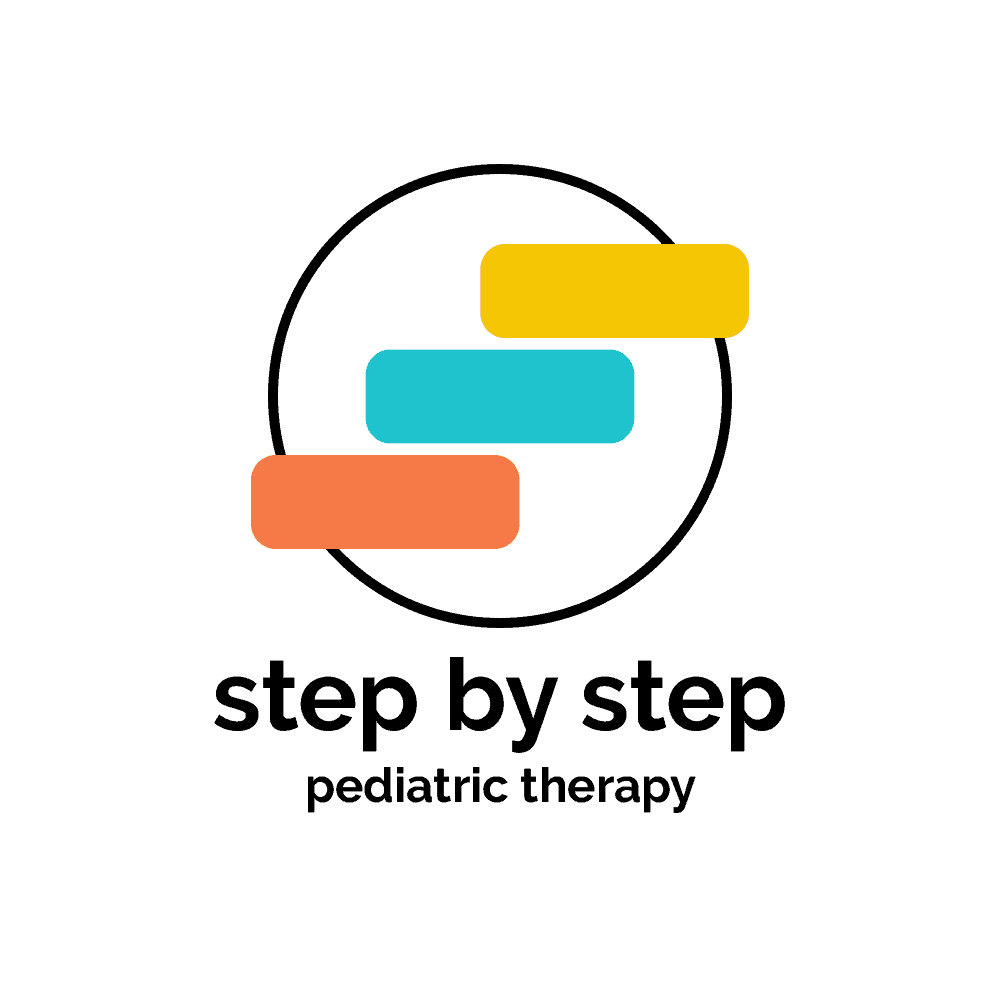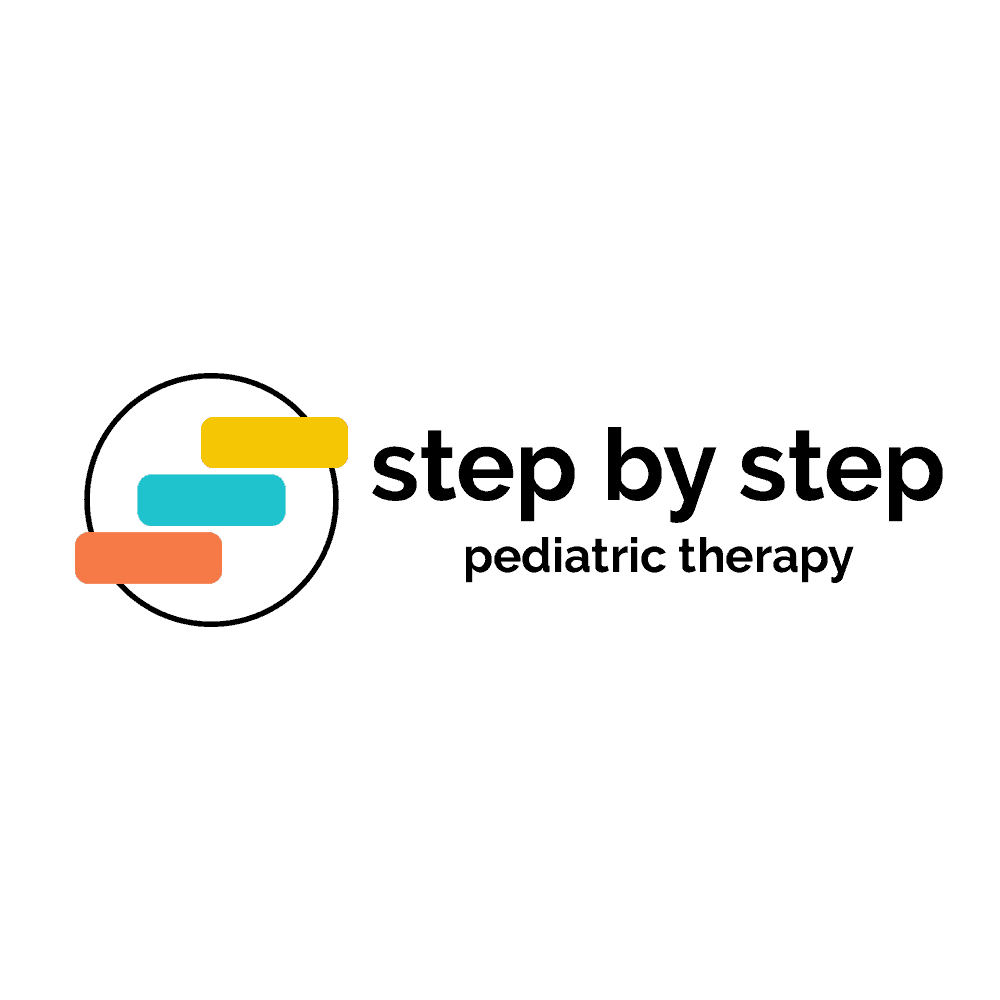
Physical Therapy

Move towards a future full of possibilities and success
Pediatric Physical Therapy
Understanding
Pediatric
Physical
Therapy
Pediatric physical therapy focuses on promoting optimal physical development, improving motor skills, and enhancing overall functional abilities in children. It is designed to address various conditions, including developmental delays, congenital disorders, neurological challenges, and injuries. By tailoring treatment plans to the unique needs of each child, pediatric physical therapists help them reach their full potential and achieve age-appropriate milestones.


Early intervention is a key component of pediatric physical therapy. By identifying and addressing developmental delays at an early age, therapists can provide children with the necessary tools and exercises to promote proper growth and development. These interventions can greatly improve a child’s motor skills, coordination, and overall physical abilities, setting a strong foundation for future success.
Early
Intervention for
Developmental
Delays
Addressing
Neurological
Conditions
Pediatric physical therapy is instrumental in supporting children with neurological conditions such as cerebral palsy, spina bifida, and muscular dystrophy. Through targeted exercises and techniques, therapists help improve muscle strength, flexibility, and mobility. This not only enhances a child’s physical capabilities but also contributes to their overall independence and quality of life.


Pediatric physical therapists work closely with children to help them achieve independence in their daily activities. Whether it’s learning to walk, climb stairs, or engage in play, these therapists provide guidance and support to ensure children can actively participate in their environment. This sense of accomplishment fosters confidence and a positive self-image in young individuals.
Promoting
Independence
and
Participation
At Step by Step Pediatric Therapy, our expert therapists prioritize your child's development, working closely with families and caregivers to improve motor skills, independence, and confidence.
Signs your Child might benefit from Physical Therapy
Delays in Motor Skills Development
If your child is struggling to meet age-appropriate milestones such as crawling, walking, running, or jumping, it could be a sign that their motor skills are developing more slowly than expected.
Difficulty with Balance and Coordination
If your child has trouble maintaining balance, frequently trips or falls, or finds it challenging to coordinate movements, pediatric physical therapy could help them achieve better control over their body.
Muscle Weakness or Stiffness
Children who exhibit muscle weakness or stiffness may have difficulty with everyday activities like getting dressed, climbing stairs, or participating in physical play.
Postural Challenges
Pain or Discomfort
Limited Range of Motion
If your child has trouble moving their arms, legs, or other body parts through a full range of motion, pediatric physical therapy could help improve their flexibility and mobility.
Orthopedic Conditions
Children with conditions like scoliosis (curvature of the spine) or fractures might require specialized exercises and guidance to aid their recovery and prevent long-term complications.
Neurological Conditions
Kids with neurological disorders such as cerebral palsy, spina bifida, or developmental delays could benefit from therapy that targets their specific needs and challenges.
Lack of Independence
If your child relies excessively on assistance for everyday tasks that their peers manage independently, pediatric physical therapy can help them build the necessary skills.
If you notice any of these symptoms or have concerns about your child’s physical development, consulting with a pediatrician or a pediatric physical therapist can provide valuable insights. Early intervention and personalized care can make a significant difference in helping your child overcome challenges and thrive in their journey toward a healthier and more active life.
Common Conditions
Treated
- Developmental Delay
- Torticollis
- Down Syndrome
- Drug Affected/Fetal Alcohol Syndrome
- Cerebral Palsy
- Orthopedic Conditions
- Brachial Plexus Injuries
- Lower Extremity Amputation
- Arthrogryposis
- Cardio Pulmonary Conditions
- Childhood Obesity
- Cancer/Tumor recovery
- Post Traumatic Injury
- Autism Spectrum Disorders
- Genetic Disorders
- Idiopathic Toe Walking
- Spina Bifida
- Vestibular Impairments
Treatments May
Include
- Gross Motor Development
- Balance and Coordination
- Strength/Endurance Training
- Motor Learning
- Tone Management
- Orthotic Fabrication
- Equipment Recommendations
- Parent Education
- Postural Training
- Range of Motion Exercises
- Neurodevelopmental Treatment
- Kinesio-taping
- Muscle Strengthening
- Biofeedback
- Gait training
- Equipment
- Orthotic Evaluations
- School Collaboration
- Vestibular Rehab


